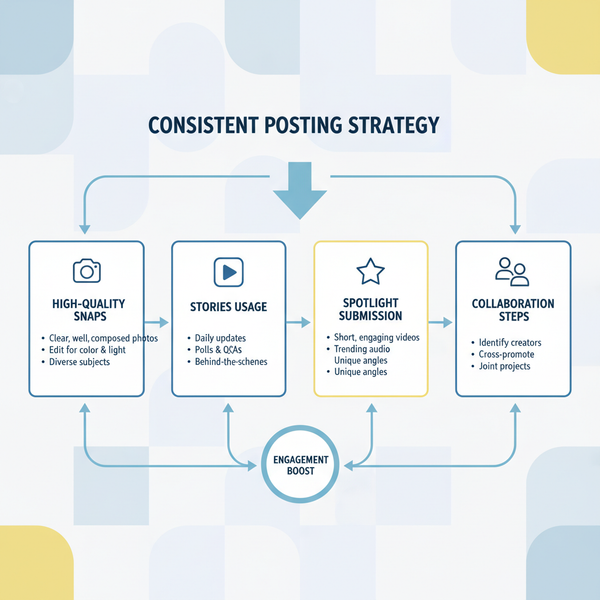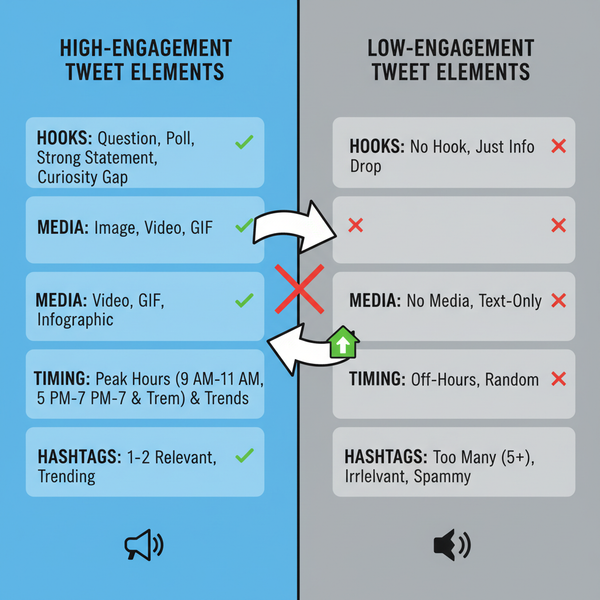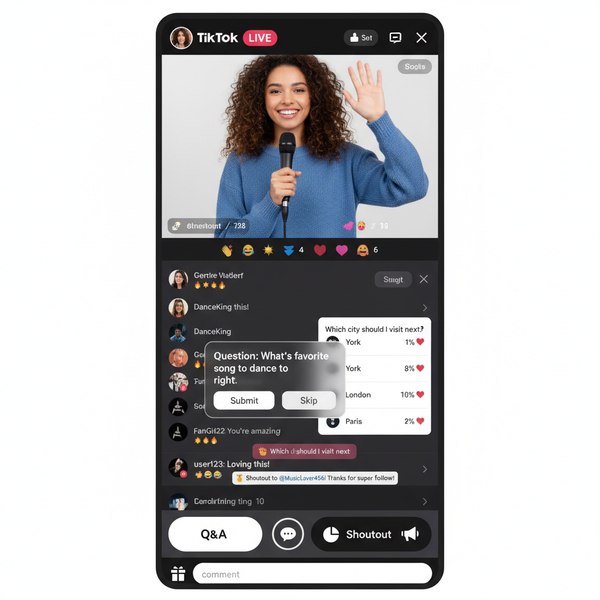YouTube Shorts Limit 2024: Duration, Size, and Guidelines
Learn the 2024 YouTube Shorts limits for length, file size, and resolution, plus tips to edit, optimize, and boost engagement within 60 seconds.
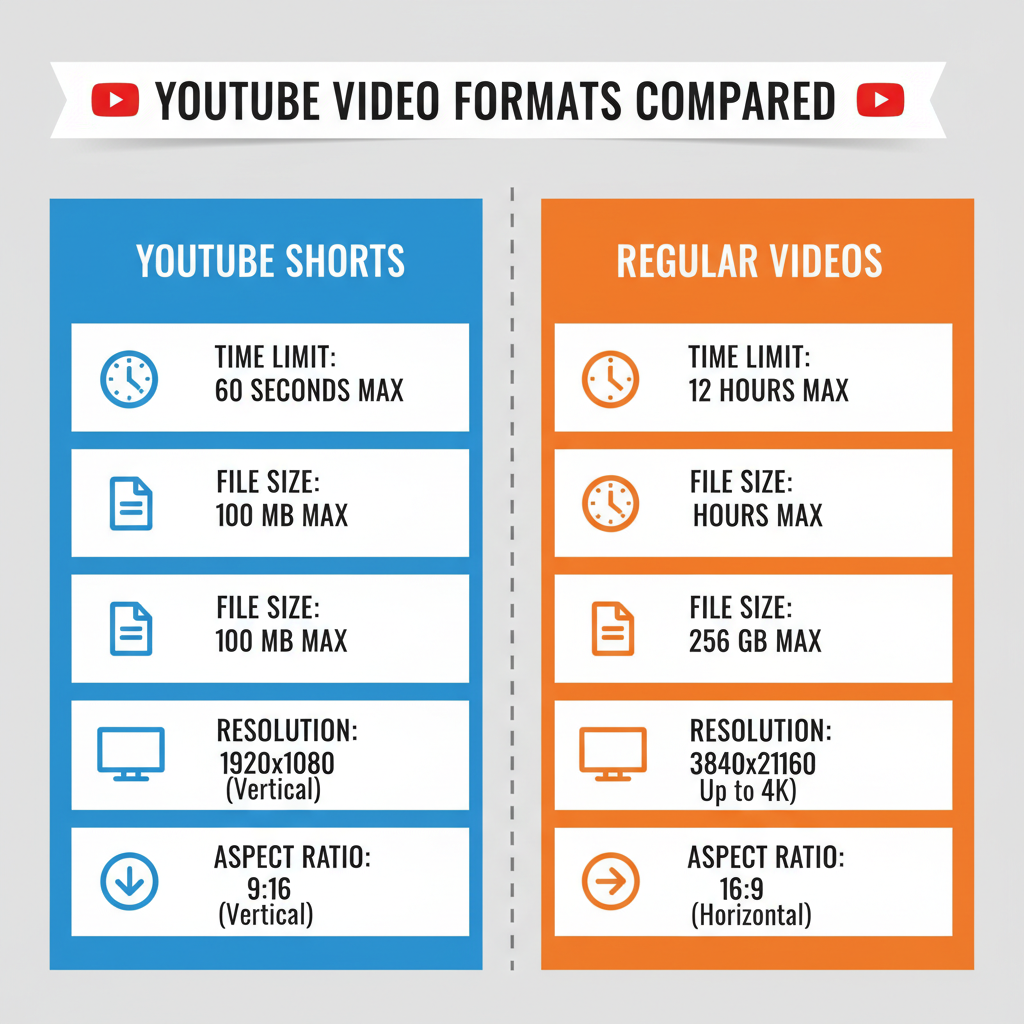
Introduction to YouTube Shorts and Their Popularity
YouTube Shorts has rapidly risen to become a dominant force in the short-form video content arena, competing directly with TikTok and Instagram Reels. Since its global launch in 2021, Shorts has empowered creators to capture attention with quick, vertical videos that are effortless to watch and share. With billions of daily views, Shorts offers endless opportunities—but understanding the YouTube Shorts limit is essential to crafting content that gets maximum exposure.

The appeal of Shorts lies in its brevity. In 60 seconds or less, you can convey an idea, tell a story, or entertain viewers. This constraint fuels creativity while boosting discoverability, as short videos often enjoy higher completion rates and increased algorithmic visibility.
---
Current YouTube Shorts Time Limit (Seconds and Minutes)
The YouTube Shorts time limit in 2024 is capped at 60 seconds (1 minute). This limit applies whether you upload a pre-recorded clip or use the in-app Shorts camera to record.
Key details:
- Maximum length: 60 seconds (whether one continuous video or multiple stitched clips)
- Minimum length: No strict minimum, but many Shorts range from 10–15 seconds for quick engagement
- Music restrictions: Some tracks may cap recording to 15 seconds when sourced from YouTube’s music library, due to licensing
---
YouTube Shorts File Size and Resolution Limits
Technical requirements are just as important as the time cap. For your video to qualify as a Short, it must meet YouTube’s specifications for processing and display on mobile devices.
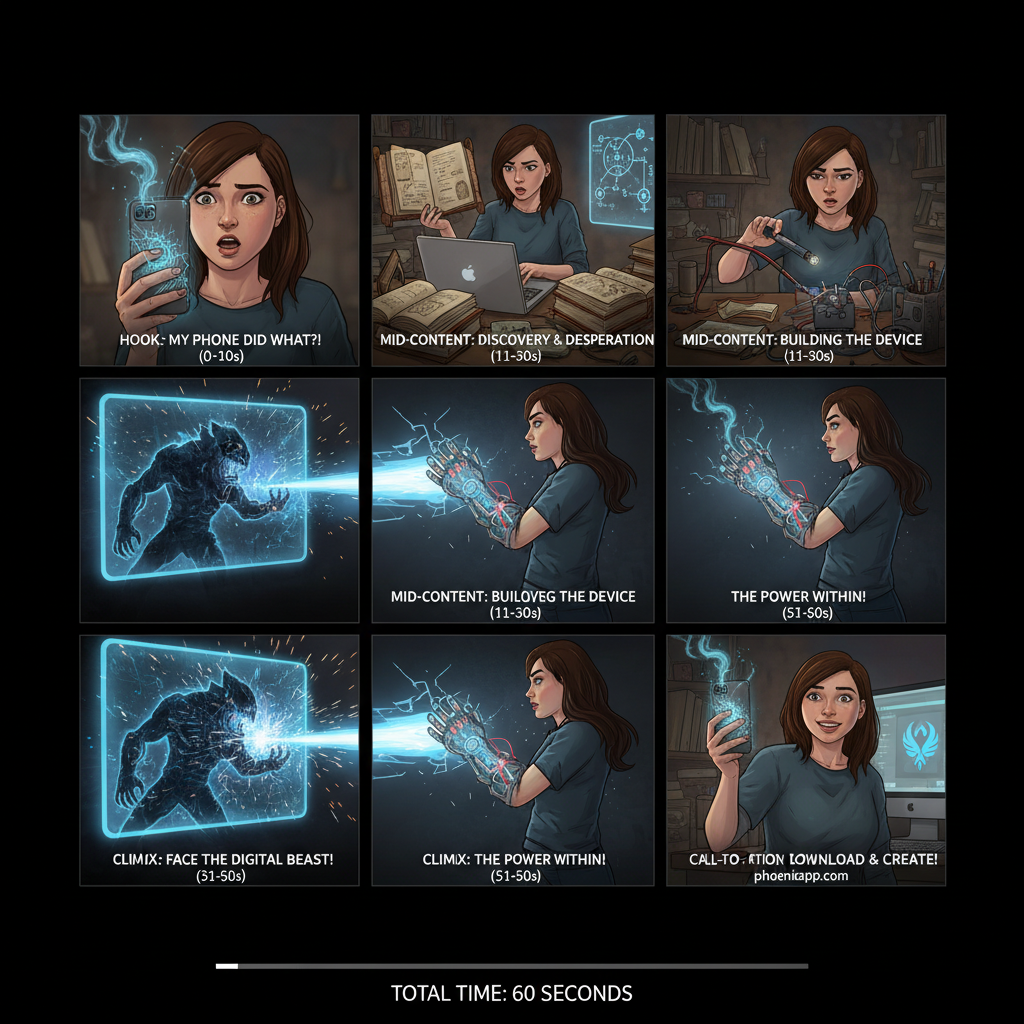
Here’s a quick reference guide:
| Parameter | Limit / Requirement |
|---|---|
| File Size | Up to 256 MB |
| Resolution | 1920×1080 (Full HD) preferred; must be vertical (~9:16 aspect ratio) |
| Format | MP4 recommended (H.264 codec) |
| Frame Rate | 24–60 FPS supported |
| Audio | AAC or MP3 formats supported |
Videos exceeding these limits may fail to upload or may not be classified as Shorts.
---
Differences Between Shorts and Regular YouTube Videos
While both are hosted on YouTube, Shorts differ from regular uploads in key ways:
- Length: Shorts—max 60 seconds; regular videos—up to hours
- Format: Shorts are vertical; regular videos are typically horizontal
- Discovery: Shorts have a dedicated feed and player
- Engagement: Shorts encourage quick hits and trends; long-form allows depth
- Monetization: Ad structure and revenue options differ
---
How to Create Shorts Within the Time Limit (Editing Tips)
Planning is essential to meet the YouTube Shorts limit without sacrificing quality:
- Script in advance to avoid rambling
- Use fast cuts to maintain viewer retention
- Employ jump cuts to remove dead air
- Add on-screen text to condense complex info
- Supplement with B-roll for variety and pacing
---
Trimming and Optimizing Content for 60 Seconds
To stay compliant:
- Monitor your project timeline length before export
- Adjust playback speed subtly if needed
- Break longer topics into multi-part series
- Crop and frame for vertical 9:16 ratio
Popular trimming tools:
- Adobe Premiere Pro
- CapCut (mobile)
- Final Cut Pro
- DaVinci Resolve
---
Best Practices for Storytelling in Short-Form Video
Impactful Shorts rely on precision storytelling:
- Hook viewers in the first 3 seconds
- Deliver one clear message
- Use a build-up or crescendo to the reveal
- End with a call-to-action (subscribe, like, follow)
---
How the Shorts Limit Affects Algorithm Performance
The 60-second cap influences how YouTube surfaces your videos:
- Improved retention rates: Shorter videos are completed more often
- Higher replay value: Viewers rewatch engaging Shorts
- Increased upload frequency: Shorter production cycle fosters consistent posting
Creators leveraging these factors often dominate the Shorts Shelf.
---
Common Mistakes That Cause Shorts Disqualification
Avoid these pitfalls:
- Exceeding the 60-second limit—even by milliseconds
- Uploading in non-vertical formats
- Using licensed music with shorter time caps
- Leaving excessive intro/outro padding
---
YouTube Shorts Monetization Eligibility and Time Limit Implications
As of 2024, monetization for Shorts includes:
- Revenue from Shorts Feed ads
- Eligibility: 1,000 subscribers and either 4,000 watch hours on long-form videos or 10 million Shorts views in 90 days
- 60-second cap means only pre-roll or feed ads—not mid-rolls—appear
Maximizing engagement per second drives better monetization potential.
---
Tools and Apps for Creating Shorts Within Guidelines
Desktop:
- Adobe Premiere Pro
- DaVinci Resolve
- Filmora
Mobile:
- CapCut
- InShot
- Adobe Premiere Rush
Most offer presets for 9:16 aspect ratio and alerts for exceeding 60 seconds.
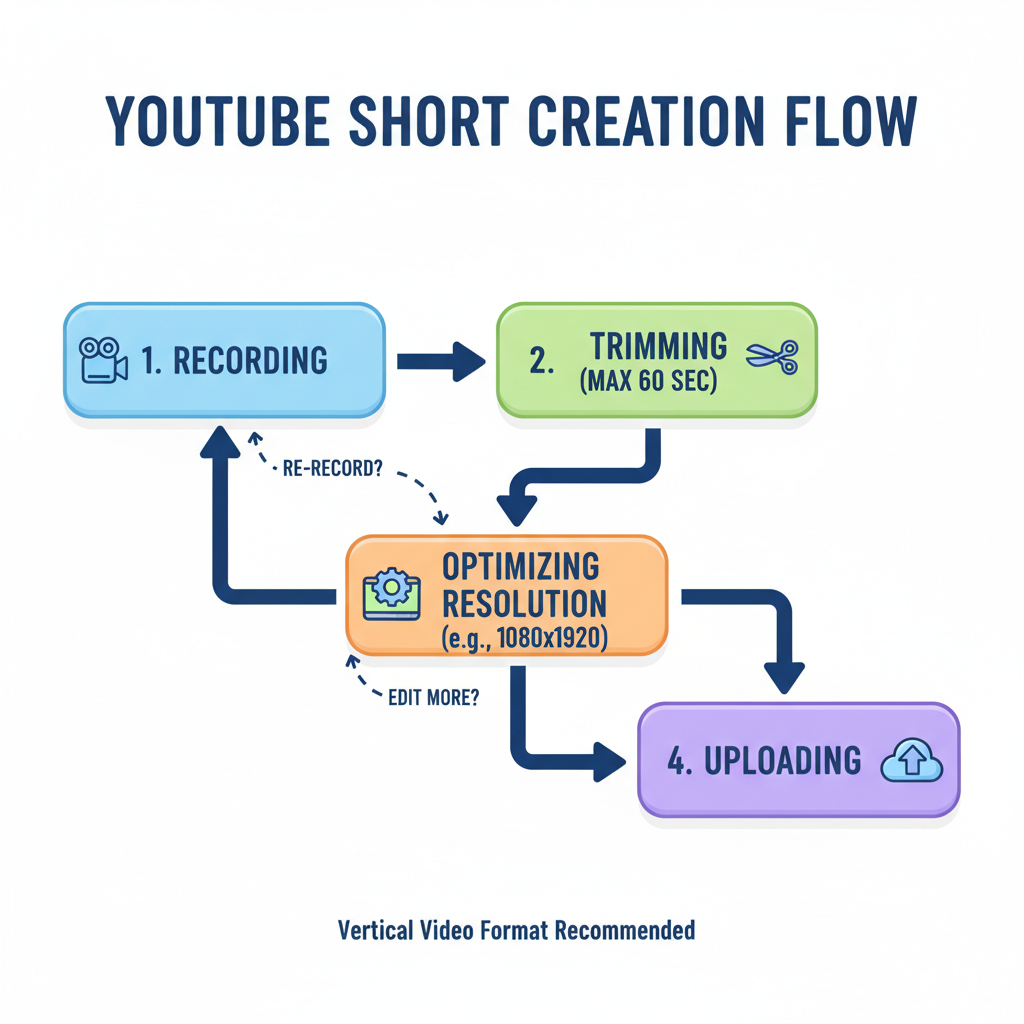
---
Future Trends: Could the YouTube Shorts Limit Change?
While 60 seconds is the standard in 2024, potential shifts include:
- Extending to 90 seconds if platform competition warrants
- Adding interactive elements that justify longer runtimes
- Enhanced AI editing to optimize content for exact limits
However, short, snappy content remains favored by viewers and algorithms alike.
---
Conclusion and Actionable Next Steps for Creators
The YouTube Shorts limit of 60 seconds is both a challenge and an opportunity. To maximize it:
- Refine scripting and editing for concise delivery
- Follow official specs to avoid disqualification
- Use editing tools with built-in compliance features
- Focus on impactful hooks and clear messaging
By adhering to the duration, file size, and format requirements, you position your Shorts for higher reach, better engagement, and audience growth in 2024. Start planning your next video with the 60-second rule in mind—and watch your channel thrive.


